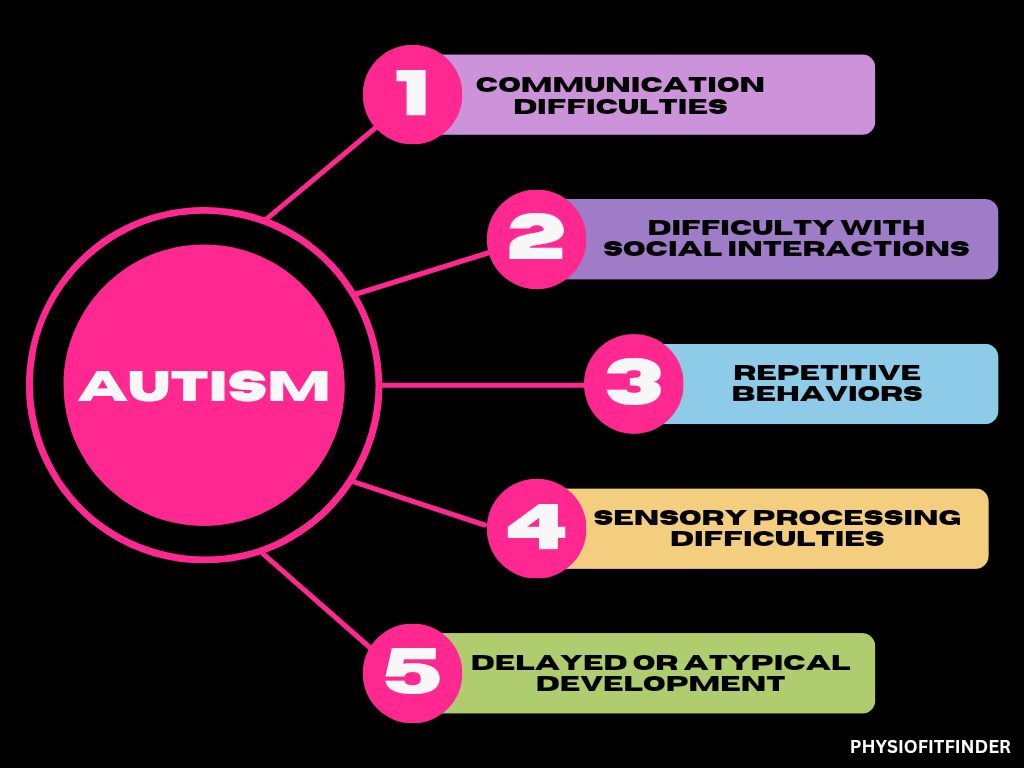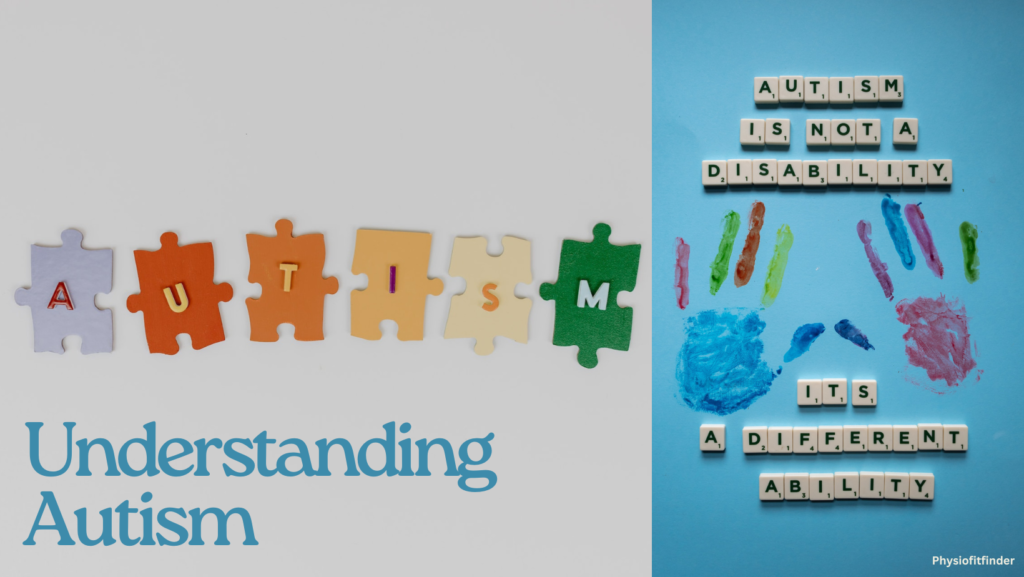Autism, also known as Autism Spectrum Disorder (ASD), is a complex neurological disorder that affects the way a person communicates, socializes, and interacts with the world around them. According to the Centers for Disease Control and Prevention (CDC), approximately 1 in 36 children in the United States are diagnosed with autism(1).
Understanding Autism
It is a developmental disorder that affects the brain’s ability to process information. It is a spectrum disorder, which means that it affects individuals differently, and its severity can range from mild to severe. Some common symptoms of autism include difficulty with social interactions, communication difficulties, and repetitive behaviors.
Causes:
There are no known causes of autism, but research suggests that genetics, environmental factors, and neurological differences may play a role. It is not caused by parenting, vaccines, or other external factors(2).
Symptoms:
The symptoms can vary in severity and can be challenging to diagnose. However, some common symptoms of autism include:
- Communication difficulties
- Difficulty with social interactions
- Repetitive behaviors
- Sensory processing difficulties
- Delayed or atypical development

Diagnosis and Treatment:
Diagnosing autism can be challenging, and there is no single test to diagnose it. Healthcare providers typically use a combination of assessments, interviews, and evaluations to diagnose. Early diagnosis and intervention can improve outcomes for autistic children.
There is no cure for ASD, but early intervention and treatment can help individuals lead a more independent and fulfilling life. Treatment options include behavior and communication therapies, medications, and assistive technology.
Role of Physiotherapy in Autism
Physiotherapy can play an essential role in managing ASD by improving physical function, promoting motor development, and addressing sensory processing difficulties. These children often experience delays in motor skills and have difficulty with coordination, balance, and postural control, which can affect their ability to perform daily activities.
Physiotherapy interventions can help improve motor skills, enhance coordination and balance, and improve muscle strength and endurance. Physical therapists can also help address sensory processing difficulties that autistic children often experience, such as sensitivity to touch, sound, and movement.
In addition to improving physical function, physiotherapy can also help improve social interaction and communication skills in children with autism. Physical therapists can work with children to improve their ability to engage in social activities, such as sports, games, and other physical activities, which can help build confidence and social skills.
VIDEO TO WATCH: Impact of regular exercise on your body
Supporting Individuals with Autism:
Individuals with autism can face unique challenges in their daily lives, and support from family, friends, and the community can make a significant difference. Creating a supportive and inclusive environment can help them thrive.
It is essential to understand that individuals with ASD have unique abilities, strengths, and challenges. By focusing on their strengths, supporting their challenges, and providing opportunities for growth, we can help individuals with autism lead a fulfilling life.

As it is mentioned in this article that the management of ASD is really a challenging one.Parents must go through a proper councelling programme because the management of this condition needs sufficient time and patience of both of the Parties.